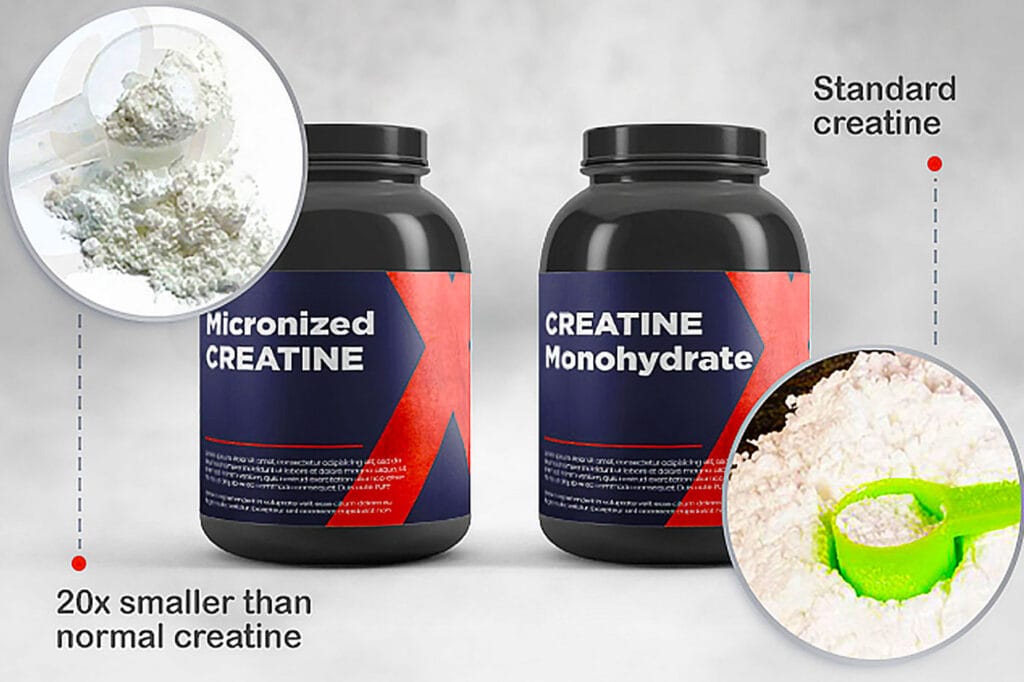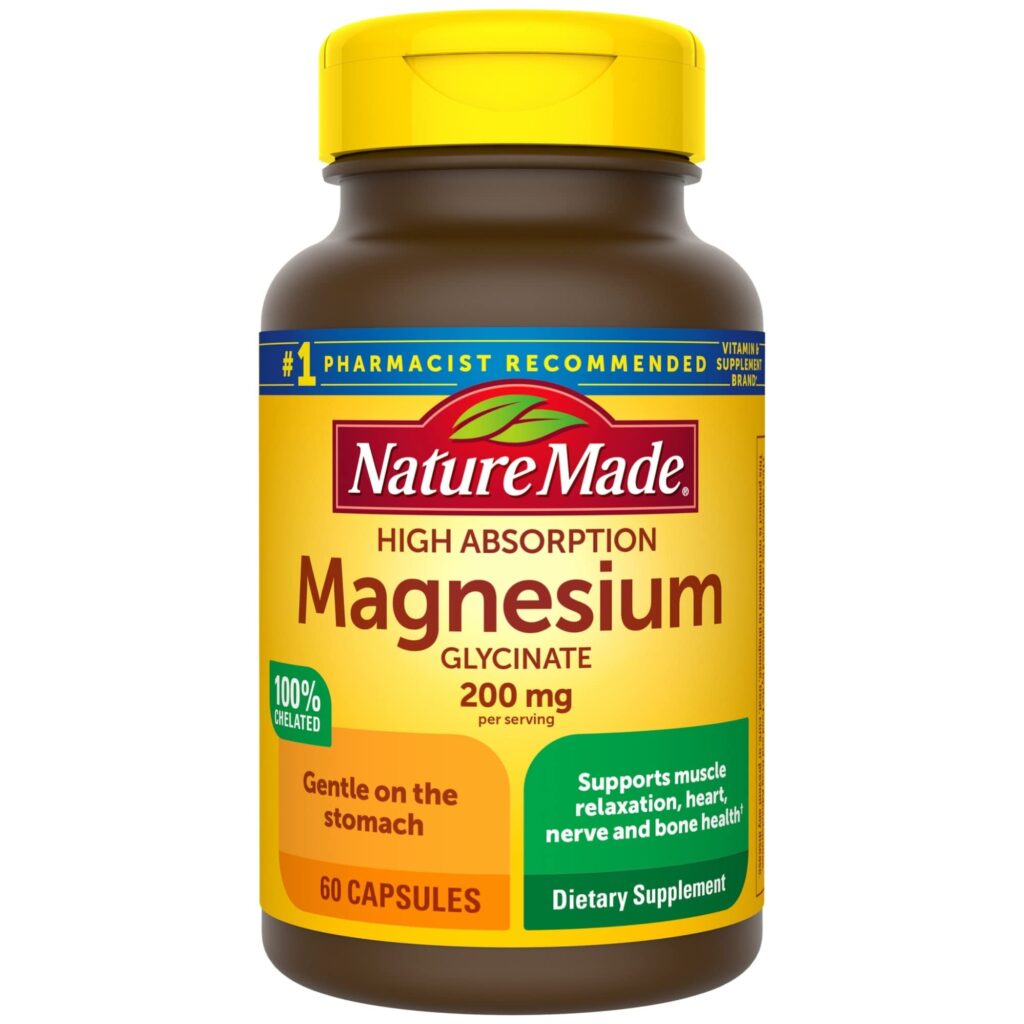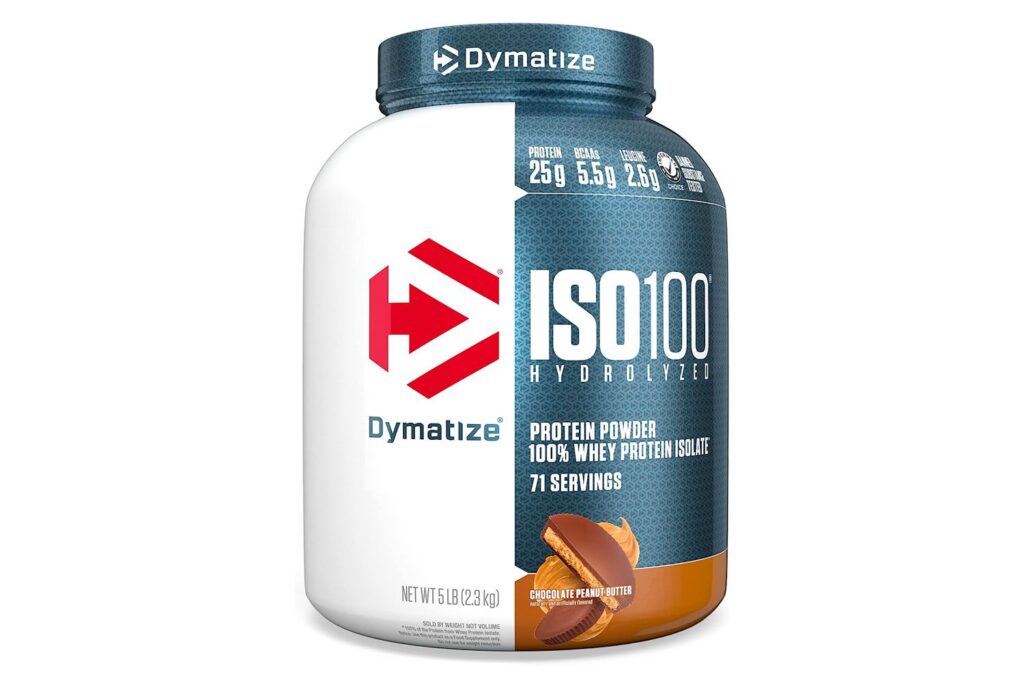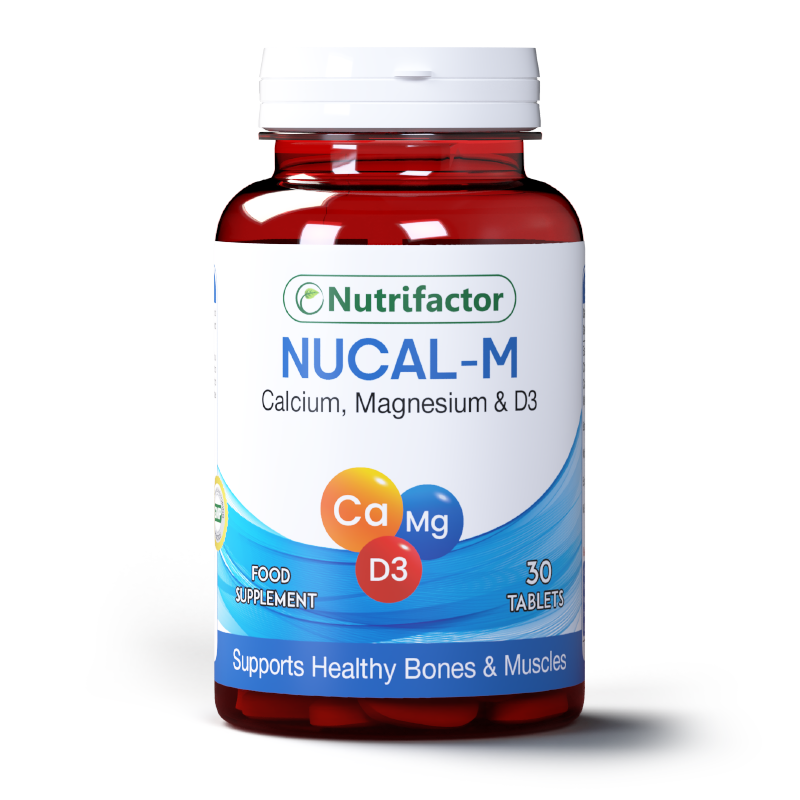Creatine monohydrate and micronized creatine mainly differ in particle size. Micronized creatine has smaller particles, which can improve its solubility and absorption.
Understanding the distinctions between creatine monohydrate and micronized creatine aids individuals in choosing the right supplement for their fitness goals. Creatine monohydrate, long praised for its benefits in increasing muscle mass and boosting athletic performance, has a standard particle size.
Meanwhile, micronized creatine undergoes additional processing to break down the particles further, resulting in a finer powder. This smaller particle size enhances the mixability of the supplement, leading to fewer issues with settling or stomach discomfort. As one of the preferred ergogenic aids among athletes and bodybuilders, selecting between these two forms of creatine involves weighing factors like absorption rates, mixability, personal tolerance, and overall effectiveness. Both supplements aim to increase creatine stores in muscles to improve strength and power output during workouts.

Credit: www.stack3d.com
The Rise Of Creatine In Fitness
Creatine boosts energy during high-intensity workouts. Many gym-goers and athletes rely on it for improved performance. Its popularity stems from its ability to help in the regeneration of adenosine triphosphate (ATP). ATP is the energy currency of our cells, crucial during short, explosive exercises. Through its energy-boosting properties, creatine supports muscle gain and strength.
Its role is well-documented in scientific studies, confirming its effectiveness. Athletes adore creatine for its direct impact on performance. The supplement’s safety and efficiency are key reasons many consider it an essential part of their nutrition plan.

Credit: www.amazon.com
Diving Into Creatine Monohydrate
Creatine Monohydrate stands as a popular supplement among athletes. It is known for enhancing strength and improving training performance. This form of creatine has a simple chemical structure. It aids in producing more energy during high-intensity workouts.
Studies show that creatine monohydrate can increase muscle mass and strength gains. Regular intake, combined with exercise, boosts workout capacity. This results in faster progress in both strength training and endurance.
Exploring Micronized Creatine
Micronized creatine stands out with its refined structure. Normal creatine features larger particles. Micronized versions break down these particles. They grind them into finer powders. This process boosts performance traits. Smaller particles mean swift solubility in water. This trait aids faster absorption into the body.
For athletes, this quick mixability is a significant advantage. It ensures comfortable digestion. Micronized supplements can help reduce common side effects. These include stomach issues tied to creatine monohydrate. The micronized form suits those seeking efficient and easy-to-digest supplements.
Comparing Performance And Efficacy
Creatine monohydrate is a popular supplement for muscle growth and strength. Micronized creatine has smaller particles. This means the body absorbs it better. Studies show both forms boost workout performance. They help with quick, high-energy movements. Weightlifters and sprinters often use them.
Comparing the two, some believe micronized creatine causes fewer stomach problems. Less bloating can happen because it mixes better in water. Several research studies suggest no major difference in physical benefits. Both types help users train harder and longer.
Researchers do more studies to learn about these supplements. They want to find out which one is the best for sports. Your choices might depend on personal preference. Like how it feels in your stomach. Or how easily it mixes with your drinks. Both are safe and effective for most healthy adults.
Digestibility And Absorption
Creatine monohydrate sometimes leads to digestive issues like bloating. This can happen when creatine draws water into your stomach.
Micronized creatine has smaller particles. This improves solubility and may reduce digestive discomfort.
| Creatine Type | Absorption Rate |
|---|---|
| Monohydrate | Slower |
| Micronized | Faster |
Small particles in micronized creatine enter muscles quicker. They skip the long stay in your stomach. This means micronized creatine is absorbed faster.
Solving The Solubility Puzzle
Creatine Monohydrate often presents a challenge. It does not dissolve well in water. Users find undissolved particles unpleasant. The experience affects overall satisfaction.
Micronized Creatine offers a solution. By making the particles smaller, solubility increases. This process ensures a smoother mixture. Users prefer this without the gritty texture.
Pricing And Affordability
Pricing plays a crucial role in choosing between creatine monohydrate and micronized. A cost analysis shows micronized tends to be slightly more expensive. This is because of its finer powder form and better solubility. On the other hand, creatine monohydrate is often more affordable and offers excellent value for its price.
The price difference reflects the processing costs, not effectiveness. Many users still prefer monohydrate due to its proven track record and lower cost. Yet, some opt for micronized for its mixability and lesser grit. Both forms deliver the desired exercise benefits. Users should consider their budget and preferences.
User Experiences And Testimonials
Fitness enthusiasts often share their experiences with different creatine forms. Many prefer creatine monohydrate for its affordability and research-backed benefits. Some users, however, opt for micronized creatine due to its finer particles and solubility. Reviews suggest quicker absorption and reduced stomach issues. Yet, the effectiveness of both forms remains a topic of debate amongst users.
Professional athletes endorse both forms for performance enhancement. Personal experience and the nature of their sport typically influence their decisions. Endorsements by these professionals often highlight improved workout recovery and increased muscle strength. Such testimonials carry weight in the fitness community, inspiring others to try these supplements. Still, personal trials are essential for finding the right fit.
Making The Right Choice
Tailoring to Individual Needs is key in choosing between Creatine Monohydrate and Micronized Creatine. Your body’s reaction to supplements is unique. Keep this in mind.
First, consider solubility and absorption rates. Micronized Creatine dissolves better in water. This can affect how fast your body uses it.
Digestive comfort is another factor. Some people may experience less stomach upset with micronized options. That’s due to the finer powder.
Remember, effectiveness may not differ much between the two. Yet, personal preference plays a big part.

Credit: trycreate.co
Future Of Creatine Supplements
The Future of Creatine Supplements is quite exciting. Experts see bright times ahead. With Innovations in supplementation, we discover new ways to enhance fitness. The emerging forms of creatine show promise. Micronized creatine and creatine monohydrate are popular now. But, science never stops. There will be new, even better forms soon.
Imagine creatine that works faster. Or one that your body absorbs better. Wait for creatine that gives energy for longer. Or maybe one that helps with brain power. Companies are working hard on these. They want to make the best supplements for health and sports. Some use nanotechnology. Others look into creatine with different molecules. The goal is always the same. Make creatine that is safe, effective, and easy to use.
Frequently Asked Questions: What Is The Difference Between Creatine Monohydrate And Micronized?
Which Is Better Micronized Or Monohydrate Creatine?
Creatine monohydrate is generally preferred for its proven effectiveness and cost-efficiency, while micronized creatine has faster solubility and absorption. Personal preference and digestive comfort determine the better option.
What Is Micronized Creatine Good For?
Micronized creatine enhances muscle energy, promotes workout performance, and supports post-exercise recovery. Its fine powder form improves mixability and absorption.
Does Micronized Creatine Mix Better?
Yes, micronized creatine has finer particles, which typically allows for better mixing and faster solubility in liquids compared to standard creatine monohydrate.
Does Micronized Creatine Make You Stronger?
Micronized creatine can enhance muscle strength when combined with resistance training due to improved absorption and solubility. Regular supplementation and exercise are key to noticeable strength gains.
Conclusion
Understanding the nuances between creatine monohydrate and micronized creatine is key for fitness enthusiasts. Each has unique benefits, tailored to different workout needs and preferences. Choosing the right one can enhance your strength and muscle gains. Remember to consider your fitness goals and possible sensitivities.
Embrace the power of informed supplement choices for optimal results.











